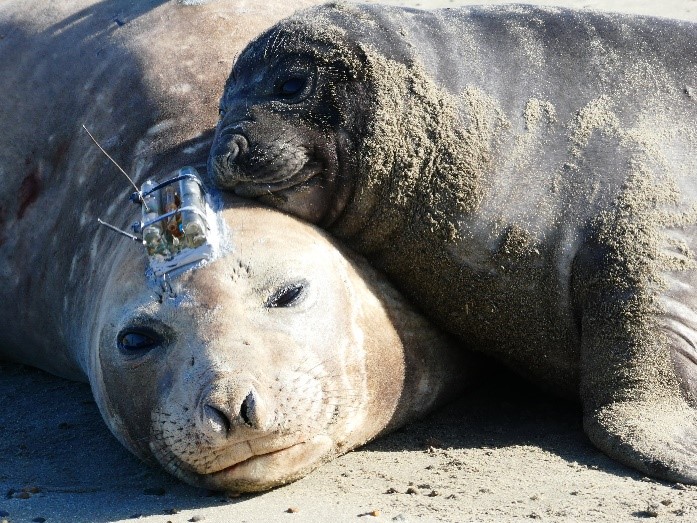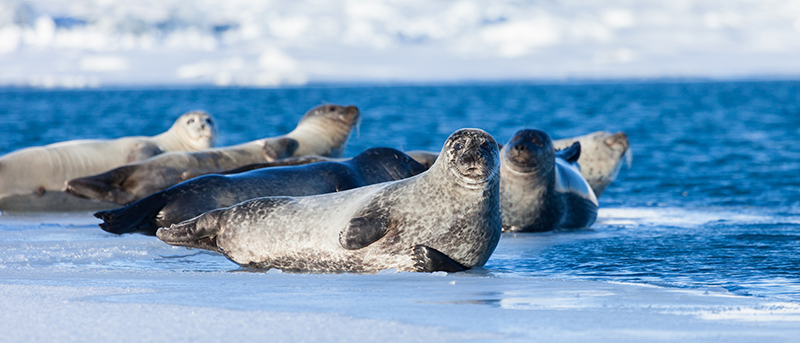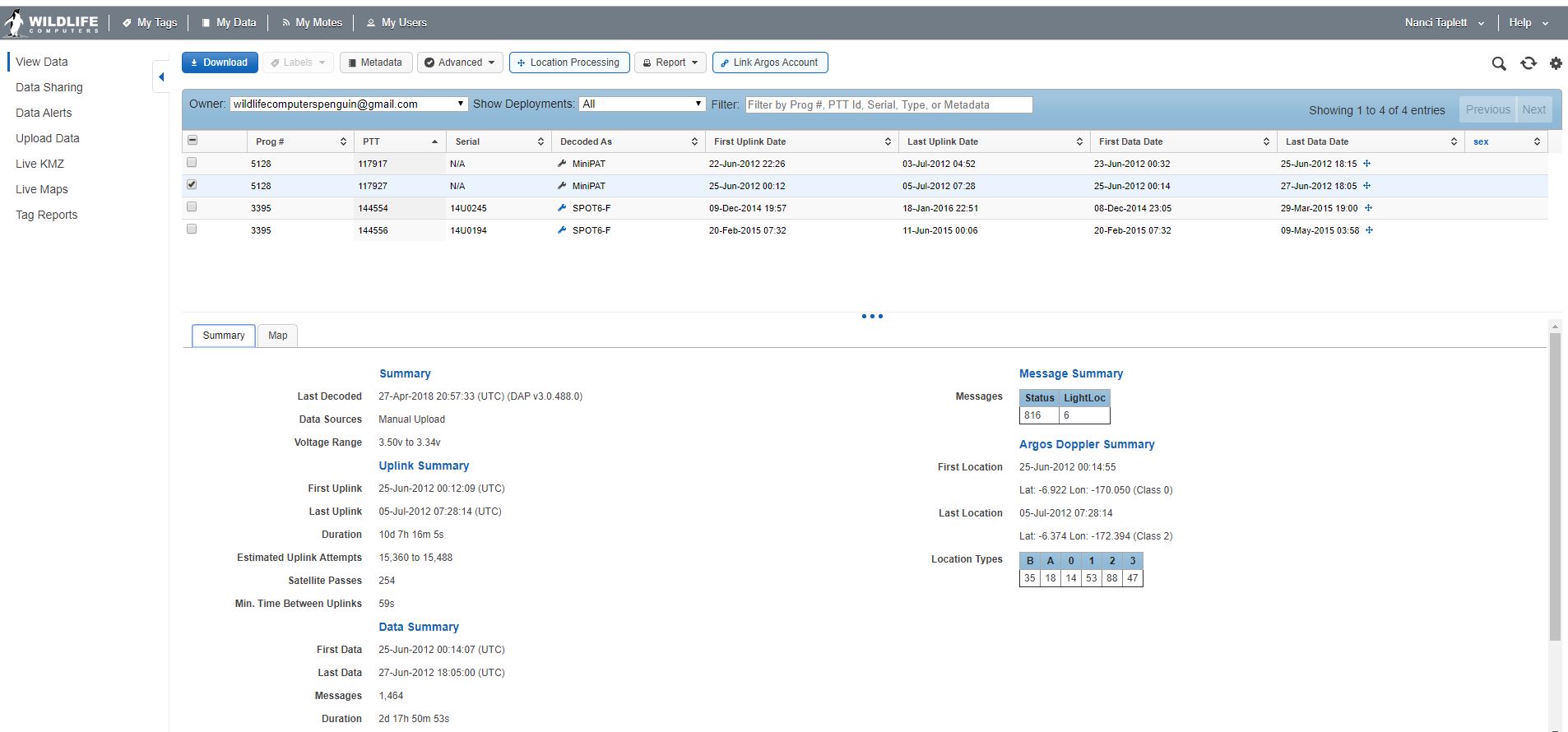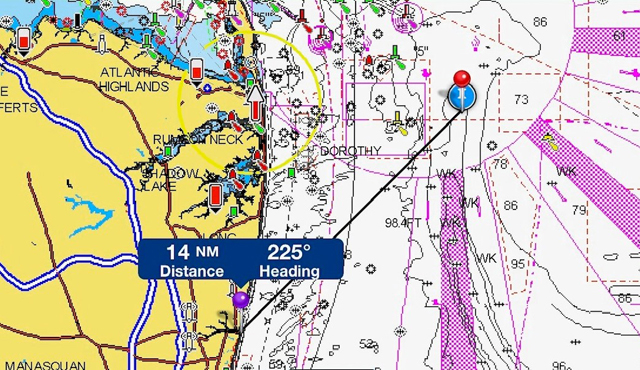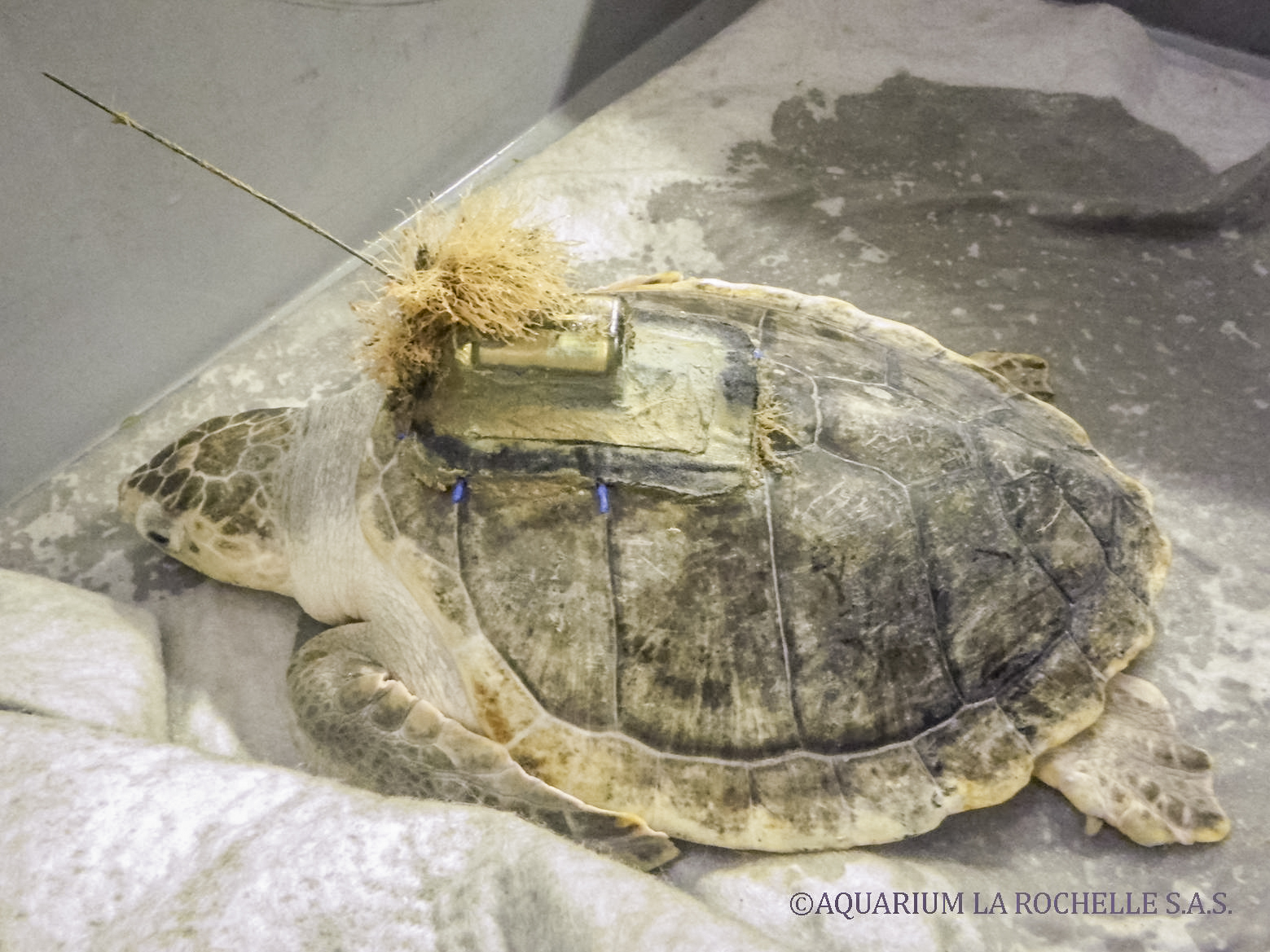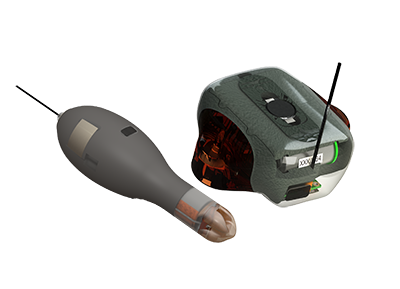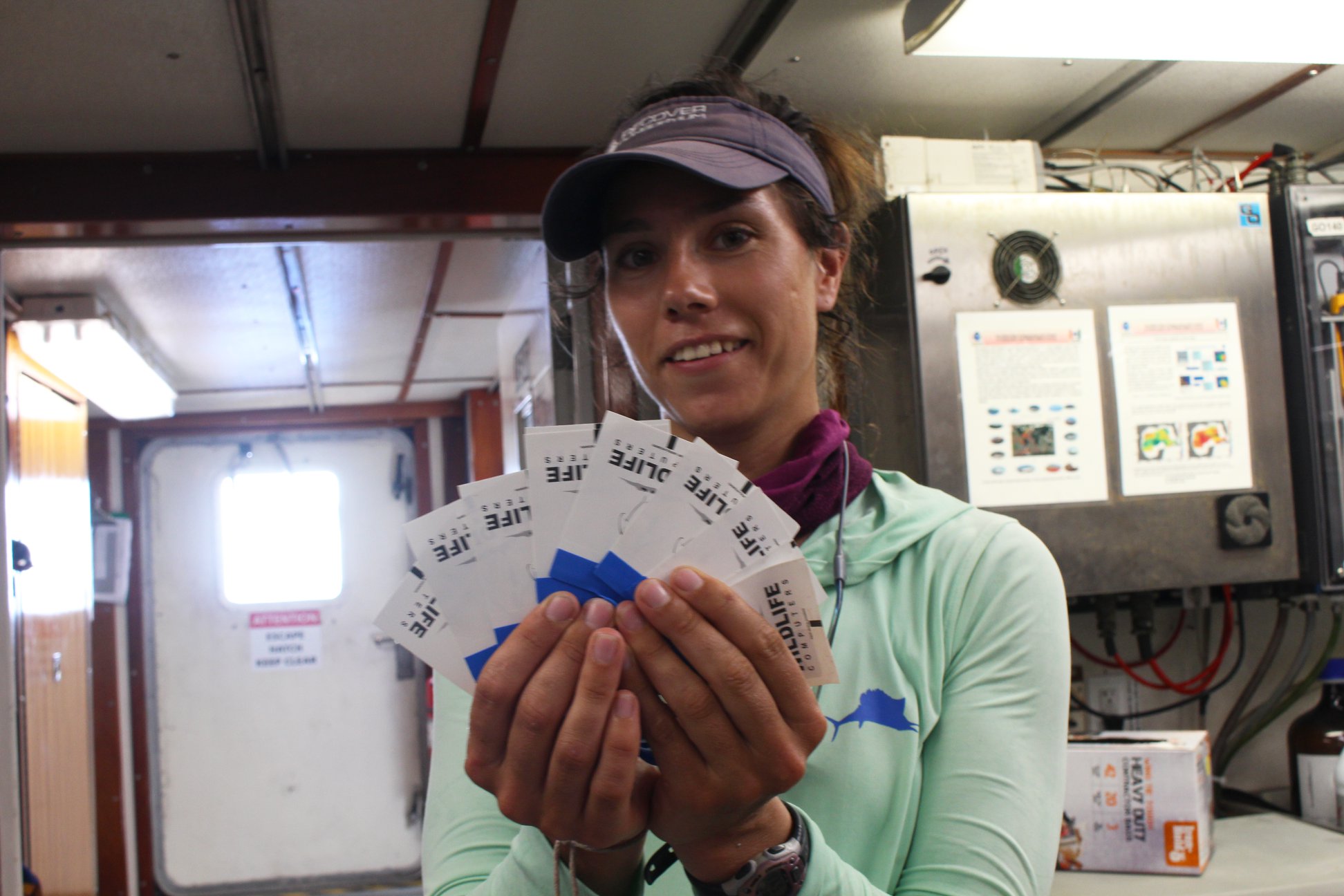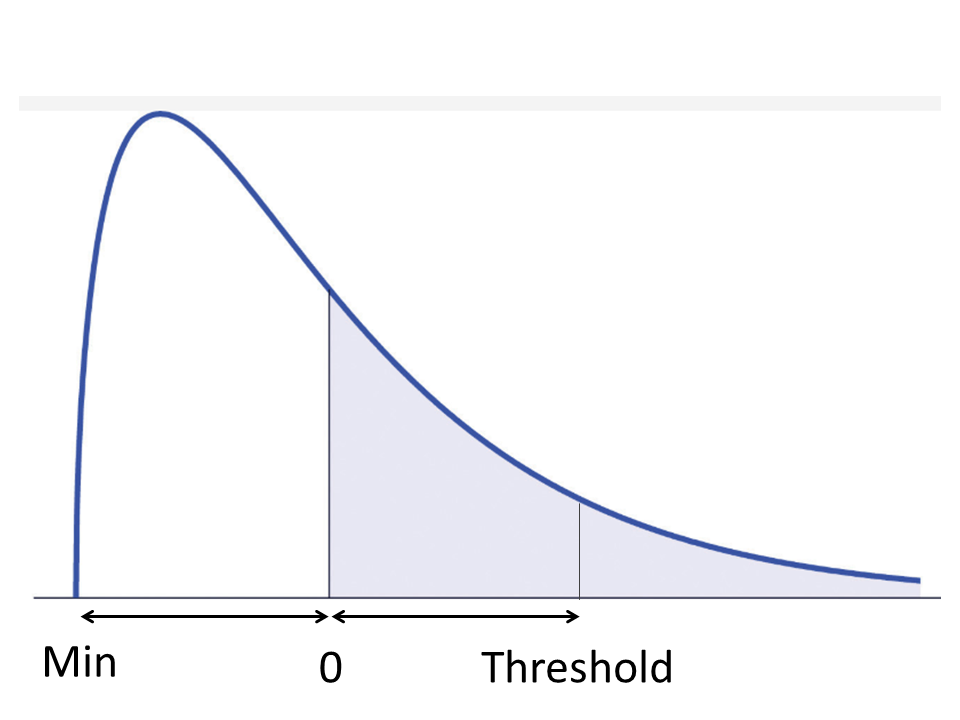Promising Field Trial Results: Prototype Scout-CTD Tags Transmit Thousands of Temperature and Salinity Profiles
Globally, there is increasing concern over changes in ocean health and climate. Researchers are continually looking for innovative ways to observe basic oceanographic parameters to monitor those changes. Marine animals are well-suited for monitoring ocean conditions beyond the reach of ships and profiling buoys as...

